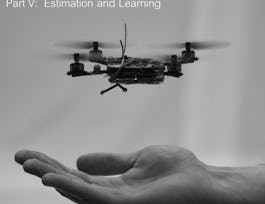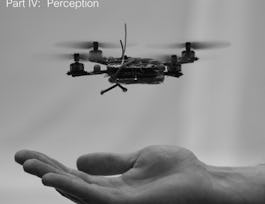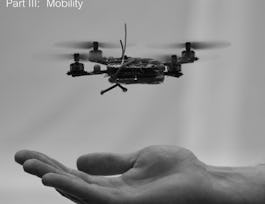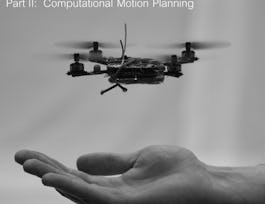In our 6 week Robotics Capstone, we will give you a chance to implement a solution for a real world problem based on the content you learnt from the courses in your robotics specialization. It will also give you a chance to use mathematical and programming methods that researchers use in robotics labs.
You will choose from two tracks - In the simulation track, you will use Matlab to simulate a mobile inverted pendulum or MIP. The material required for this capstone track is based on courses in mobility, aerial robotics, and estimation. In the hardware track you will need to purchase and assemble a rover kit, a raspberry pi, a pi camera, and IMU to allow your rover to navigate autonomously through your own environment Hands-on programming experience will demonstrate that you have acquired the foundations of robot movement, planning, and perception, and that you are able to translate them to a variety of practical applications in real world problems. Completion of the capstone will better prepare you to enter the field of Robotics as well as an expansive and growing number of other career paths where robots are changing the landscape of nearly every industry. Please refer to the syllabus below for a week by week breakdown of each track. Week 1 Introduction MIP Track: Using MATLAB for Dynamic Simulations AR Track: Dijkstra's and Purchasing the Kit Quiz: A1.2 Integrating an ODE with MATLAB Programming Assignment: B1.3 Dijkstra's Algorithm in Python Week 2 MIP Track: PD Control for Second-Order Systems AR Track: Assembling the Rover Quiz: A2.2 PD Tracking Quiz: B2.10 Demonstrating your Completed Rover Week 3 MIP Track: Using an EKF to get scalar orientation from an IMU AR Track: Calibration Quiz: A3.2 EKF for Scalar Attitude Estimation Quiz: B3.8 Calibration Week 4 MIP Track: Modeling a Mobile Inverted Pendulum (MIP) AR Track: Designing a Controller for the Rover Quiz: A4.2 Dynamical simulation of a MIP Peer Graded Assignment: B4.2 Programming a Tag Following Algorithm Week 5 MIP Track: Local linearization of a MIP and linearized control AR Track: An Extended Kalman Filter for State Estimation Quiz: A5.2 Balancing Control of a MIP Peer Graded Assignment: B5.2 An Extended Kalman Filter for State Estimation Week 6 MIP Track: Feedback motion planning for the MIP AR Track: Integration Quiz: A6.2 Noise-Robust Control and Planning for the MIP Peer Graded Assignment: B6.2 Completing your Autonomous Rover



















